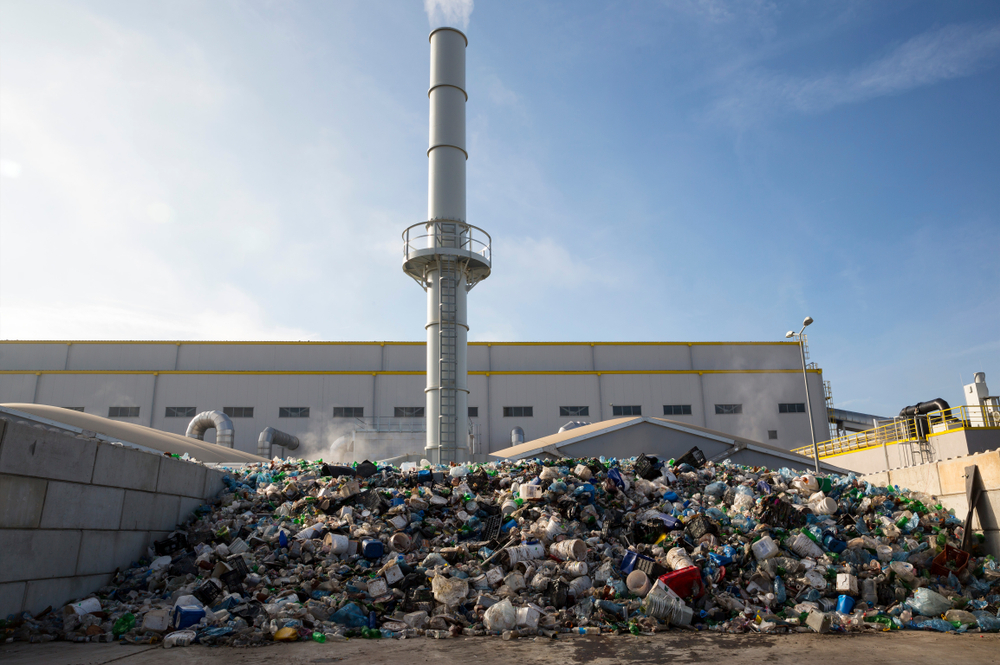A New Era in Goods Disposal Services: Waste Recycle to Energy
In a world progressively stricken by waste disposal challenges and landfill crises, we cannot ignore the vital role of innovative waste management strategies. It’s become evident that successful waste management contributes significantly to the robustness of a company’s Environmental, Social, and Governance (ESG) scores – a key determinant in measuring a business’s sustainability and societal impact.
The Emergence of Innovative Goods Disposal Services
In recent years, we have seen a paradigm shift in waste management methodologies. Companies are increasingly realizing the importance of an efficient goods disposal service. These services don’t simply act as a way to remove waste. Instead, they provide an avenue to responsibly manage excess products and materials, with an eye towards sustainability and reduced environmental impact. Such services prove invaluable for businesses, helping them meet regulatory requirements, and align their operations with environmental stewardship.
The New Paradigm: Transforming Waste into Energy
One of the most exciting developments in this realm is the concept of transforming waste into energy. This waste recycle to energy methodology signifies a remarkable step forward in the waste management sector. It entails converting waste materials into usable energy, thereby serving a dual purpose: effective waste management and sustainable energy production. By adopting this method, companies aren’t just disposing of waste; they’re transforming it into a valuable resource.
The Three Pronged Approach to Zero Landfill
The road to zero landfill waste involves a three-pronged approach: Liquidation, Waste to Energy, and Beneficial Reuse. Each of these strategies has its unique advantages. Liquidation eliminates the need for inventory storage, saving resources and providing businesses with the opportunity to focus on profitable items. Waste to Energy, as we’ve discussed, turns waste into a viable source of power. Meanwhile, Beneficial Reuse offers the opportunity to re-purpose excess or unwanted products in a way that supports community development.
Beneficial Reuse: A Win-Win Solution for Companies and Communities
Beneficial reuse is an exciting proposition, especially for its cost-effectiveness and social impact. Through this process, companies can donate their excess inventory to those in need. Not only does this strategy lead to potential tax deductions, but it also fosters a stronger bond with the community. It demonstrates a company’s commitment to social responsibility, a trait that is becoming increasingly important in today’s business environment.
Tackling Hazardous Waste: Ensuring Safety and Compliance
The safe and compliant disposal of hazardous waste is crucial for the health of our environment and communities. Proper management of such waste contributes to a safer environment and ensures companies remain within regulatory compliance. Moreover, it presents an opportunity for the transformation of dangerous substances into less harmful byproducts, or even into beneficial materials.
From Ethanol to Energy: An Eco-Friendly Approach
The management of ethanol products provides a compelling case study for the waste-to-energy approach. By processing surplus ethanol-based products through controlled methods, we can create energy, thereby promoting sustainability and community welfare. This innovative approach also ensures businesses meet compliance requirements, ultimately contributing to a cleaner, more sustainable future.
Responsible Sanitizer Disposal: A Commitment to Sustainability
Sanitizer disposal is another area where this commitment to sustainability and compliance shines through. With a responsible approach to handling excess sanitizer products, we can reduce environmental impact while adhering to industry regulations. This initiative ensures streamlined disposal, transparent reporting, and a greener approach to managing waste.
Conclusion
Adopting innovative goods disposal services and waste recycle to energy strategies are no longer optional – they’re a necessity for businesses aspiring to have a positive environmental impact. With these strategies, we can revolutionize the way




